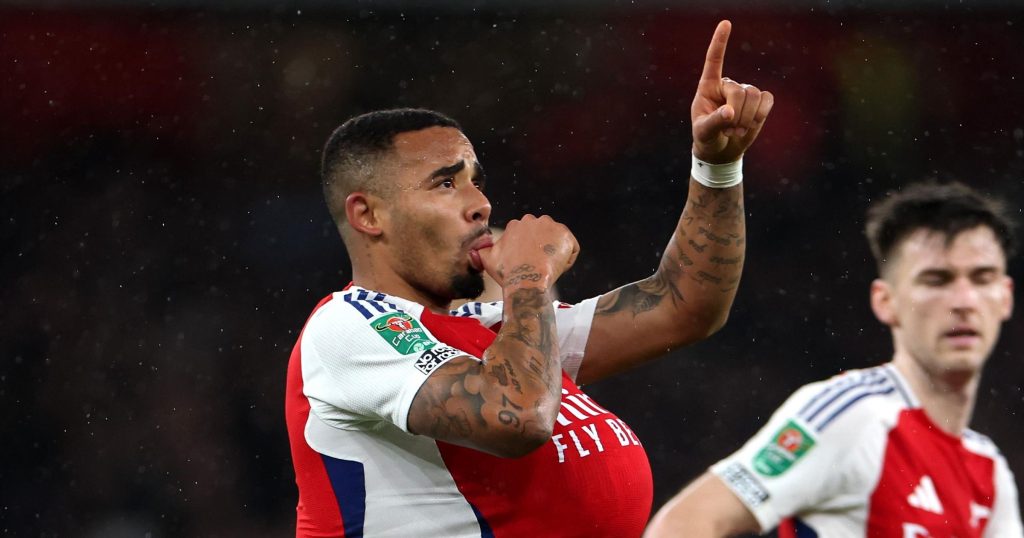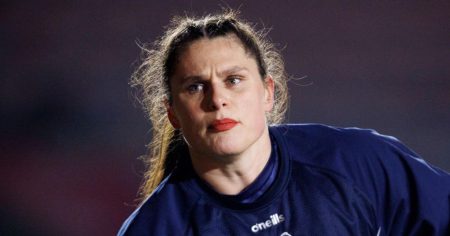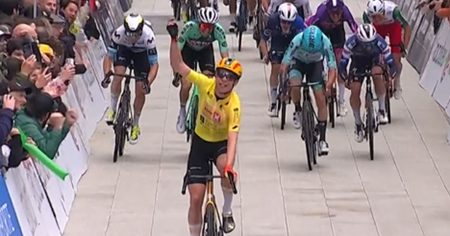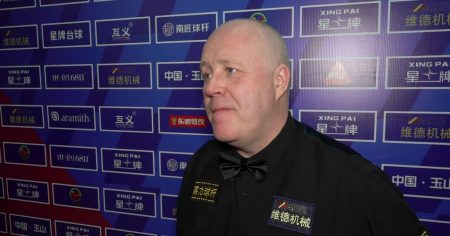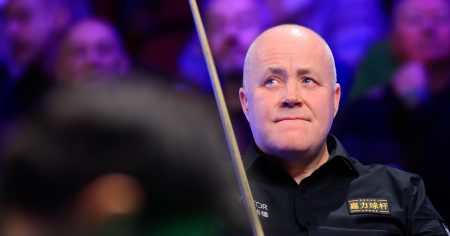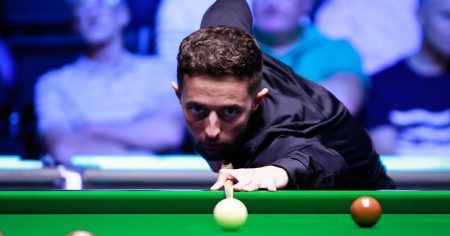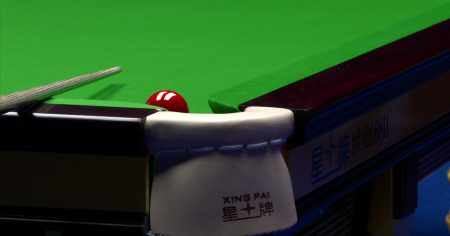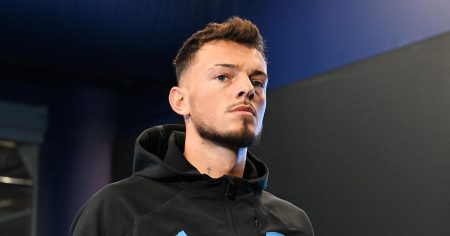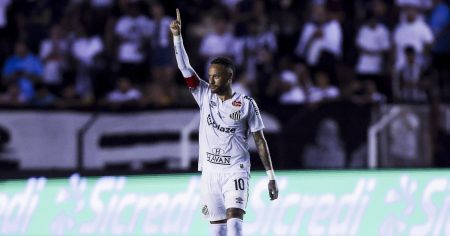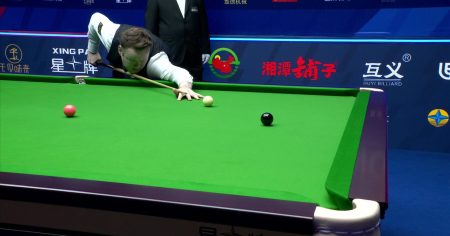Arsenal staged a remarkable second-half comeback against Crystal Palace in the Carabao Cup quarter-final, overcoming a one-goal deficit to secure a 3-2 victory. The match, which saw Mikel Arteta make eight changes to his starting lineup, was far from smooth sailing for the Gunners. Early on, the Arsenal defence appeared disjointed and hesitant, allowing Jean-Philippe Mateta to exploit a gap and power his way through to give Palace a surprising lead. This early setback put Arteta’s decision to rotate his squad under scrutiny, and his frustration with the team’s first-half performance was evident. The need for a tactical shift and injection of creativity was clear, leading to the introduction of Martin Odegaard at half-time.
The arrival of Odegaard proved to be the turning point in the match. The Norwegian midfielder immediately brought a sense of composure and control to Arsenal’s midfield, dictating the tempo and creating opportunities. His incisive passing and vision unlocked the Palace defence, and it was Odegaard who provided the crucial assist for Gabriel Jesus’s equalizing goal. The Brazilian striker, who had endured a lengthy goal drought of 367 days, displayed remarkable composure to finish past Dean Henderson and level the score. This goal not only reignited Arsenal’s hopes but also seemed to inject renewed confidence into the entire team.
The momentum had decisively swung in Arsenal’s favor, and they continued to press forward with renewed vigor. Another substitute, Bukayo Saka, played a pivotal role in Arsenal’s second goal, delivering a perfectly weighted pass for Jesus to expertly clip the ball over Henderson and give the Gunners the lead. This second goal demonstrated the impact of Arteta’s substitutions, highlighting the strength in depth of the Arsenal squad. With the lead secured, Arsenal exhibited greater control over the game, effectively managing possession and frustrating Palace’s attempts to equalize.
Gabriel Jesus, having broken his goal drought, was not content with a brace. As Palace pushed forward in search of an equalizer, leaving gaps at the back, Odegaard once again orchestrated a decisive attack, releasing Jesus to complete his hat-trick. The striker showed no signs of the pressure that might have accompanied his long wait for a goal, calmly slotting the ball past Henderson to seal the victory and cap off a stunning individual performance. The hat-trick was a testament to Jesus’s resilience and his ability to deliver when his team needed him most.
Despite Arsenal’s seemingly comfortable lead, the closing stages of the match were not without some nervous moments. Former Arsenal player Eddie Nketiah, now playing for Crystal Palace, scored a late header to reduce the deficit and give his former club a scare. This goal briefly threatened to spark a dramatic comeback from Palace, and it tested Arsenal’s resolve and ability to manage the game under pressure. However, despite the late concession, Arsenal displayed the composure and experience necessary to see out the match and secure their place in the Carabao Cup semi-final.
The victory against Crystal Palace was a significant one for Arsenal, highlighting the team’s resilience, attacking prowess, and the impact of key substitutions. It underscored the importance of squad depth and demonstrated the ability of players like Odegaard and Jesus to step up and deliver match-winning performances. The result also provided a much-needed boost in confidence for Mikel Arteta and his players as they continue to compete on multiple fronts. While the late goal conceded served as a reminder of the need for continued defensive vigilance, the overall performance provided ample reason for optimism as Arsenal look ahead to the challenges that lie ahead.




